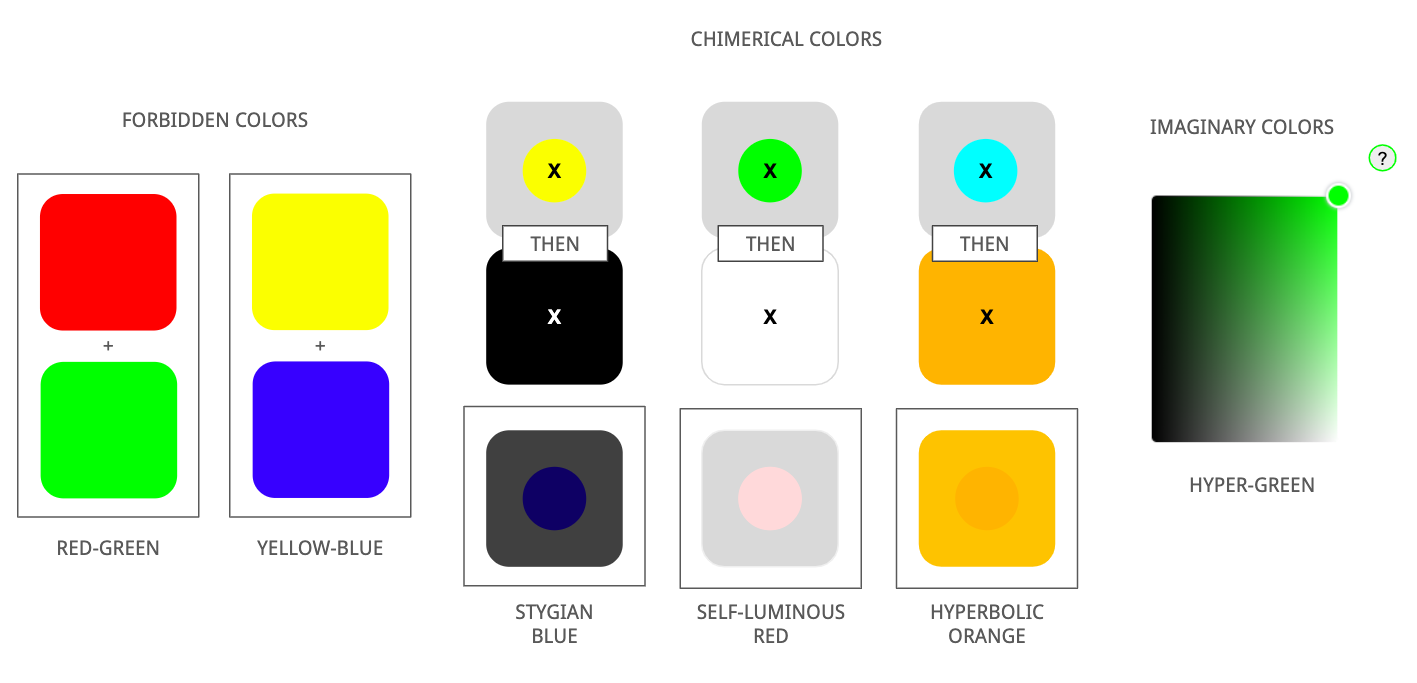
Originally Posted by
Coeruleum Blue

Sheldrake's experiments are replicable at home and I'm under the impression all the parapsychology stuff is supposed to be dialectical-algorithmic anyway. Rupert Sheldrake really doesn't deserve to be mentioned in the same breath as socionics. Parapsychology is legit (though it takes a proper degree of spiritual maturity and wisdom not to be confused in what it implies) and socionics is a silly Soviet system trying to force everyone into the workplace, even though unlike some other systems that have been discussed recently (Human Design, Michael teachings, etc.) you at least get to pick the type that seems the most reasonable for you rather than someone trying to force you into the opposite type so you'll pay them more money. Well, people do that too in socionics, it just hasn't been a very successful strategy overall when you look at the success of Gulenko, Aushra, and Jack, who basically let people pick types to a certain degree, vs. people like Alive, Sol, and lavos, who shoehorn everyone into a type that makes no sense for them and who basically no one has heard of. One way to make money on people's egos: actually feed their ego instead of doing the whole original sin type of thing. Also why I don't care about so-called postmodern neo-Marxism aka intersectionality, if it runs on self-flagellation rather than self-congratulation it won't work very well long-term because loving yourself is more accurate than hating yourself, narcissists don't really love themselves as have been pointed out, they're compensatory. Which kind of brings a new light to the whole Aristotelean virtue ethics if you really think about it, the idea that maybe the two extremes just stem from one deficiency and the opposite extreme is equally illusory while the middle is sort of the only reality.
I am happy for you getting involved with Rupert Sheldrake though. Maybe you'll really learn it and then get out of the cult of socionics. Sheldrake's ideas do not constitute a cult, and they have saved me personally from many cults throughout my life. Granted, I still joined this forum, but I was never really pulled into the cult ideologically, I just underestimated the complete lack of security on this site and what kind of ownership it had due to how young I was and thought all forums were super official, but I never bought it, and that's the part that counts. Maybe the one thing that really made me feel invincible enough to come here will pull everyone out. That would be very poetic. I also take real religion more seriously now, even though I didn't then, I just thought parapsychology stuff was cool, even though people like Rupert Sheldrake definitely believe in religion despite also believing in things like telepathy and psychokinesis... Well, Paul N. Temple who co-founded the Institute of Noetic Sciences and Chris Putnam (though I think his books are unreadable) did too, so anyone who thinks all the people looking into psychic phenomena are just doing something demonic like Jack "Dajjal" Parsons is wrong, but as Goethe said, Sagt es niemand, nur den Weisen, though of course, the biggest part of that is restraining your stupid ego. If you want to PM me about his ideas like psychic pigeons, please do, even though I'm not joining the Court of the Red King. All the things you're talking about are actually the things I talked about ages ago. I first heard about Daniel Everett 8 years ago. It didn't mean all that much to me 8 years ago, unlike Rupert Sheldrake. I disagree with Daniel Everett since I've read his ideas now, but 8 years ago it just didn't matter to me even though I heard of him fairly often then. So, great for you! You first heard about it when it actually meant something to you. Your mind will finally be free! Which sounds like something someone who wants to use psi and/or talk to people who supposedly never communicate would say.
As for me, I always sing „Die Gedanken sind frei“ before I break prison bars and walls with my thoughts, and the jailer cries out, "Nooo Coer, that wasn't supposed to be literal! Also, no one cares about German songs!"
Regarding the best religion: the best religion is Truth, but not all the people who run around saying "believe in Truth" because they wanted something exotic like Blavatsky who might have very possibly left the biggest mess ever regardless of her very likely being a spy who was just using her writing to encode her spying activities (hence why she also got rejected by the Russian government when she applied to spy for them, since they probably feared her working as a double agent.) The best religion is the One, the Monad. Surely, we live in the best of all possible worlds, as Voltaire had his fictional character say due to Leibniz. Seeking knowledge without wisdom is always a poor idea, but we really should have both all the knowledge, and all the wisdom, so it's not about excluding knowledge, it's about including wisdom. The fault of what Spengler would call our Faustian civilization, even though Spengler of course saw no fault in Faustian civilization, being Spengler.
#PopLockAndNameDrop




 Reply With Quote
Reply With Quote


